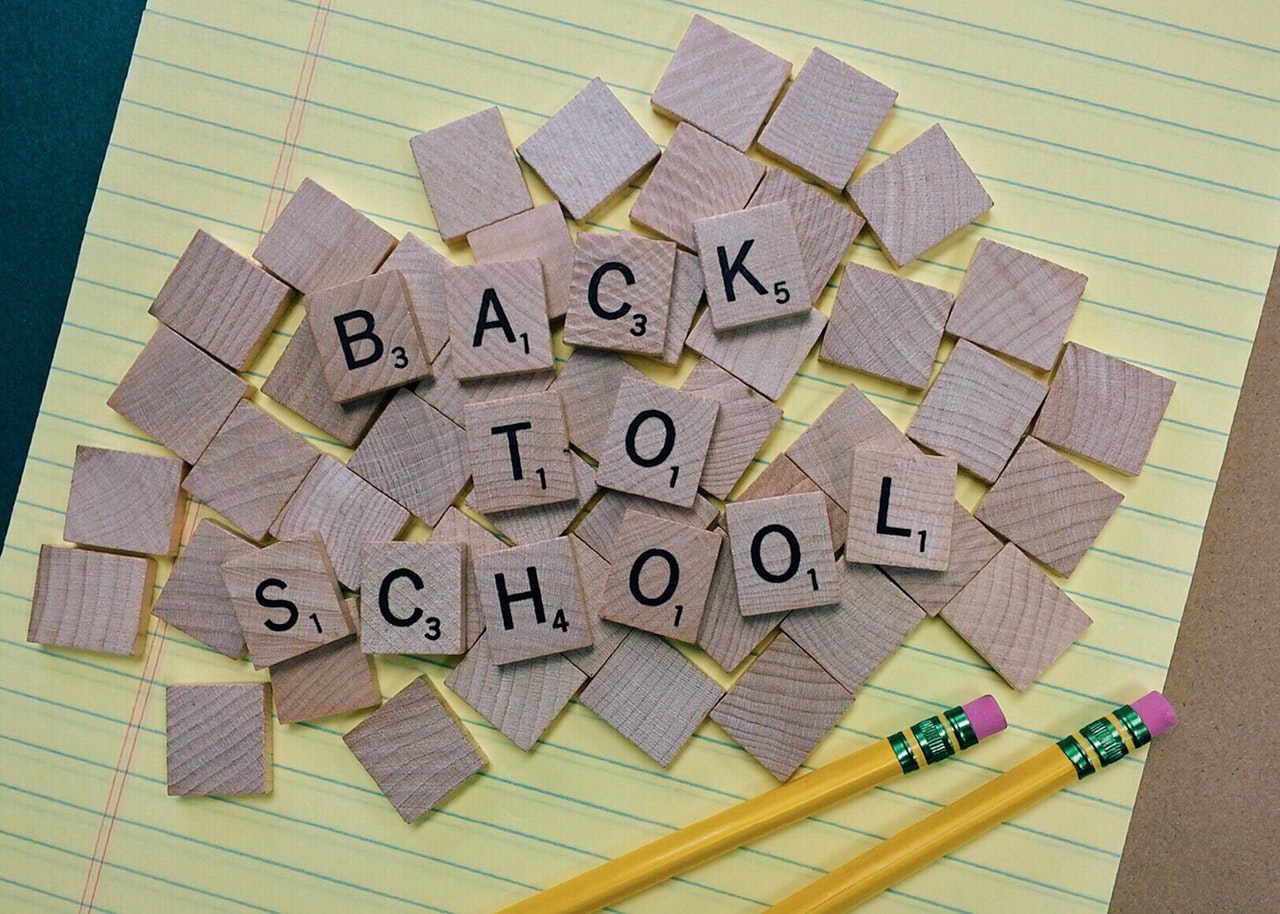 The phrase “back to school” doesn’t just apply to kindergarten through college. Many older adults are starting new educational pursuits in order to finish a bachelor’s degree, complete a technical or professional course or even take a self-paced class in order to learn something new. Your local public library should be one of your first stops when looking into resources, databases, classes and programs for your ongoing education, and all you need is a library card! The best thing about these offerings is that they are absolutely free.
The phrase “back to school” doesn’t just apply to kindergarten through college. Many older adults are starting new educational pursuits in order to finish a bachelor’s degree, complete a technical or professional course or even take a self-paced class in order to learn something new. Your local public library should be one of your first stops when looking into resources, databases, classes and programs for your ongoing education, and all you need is a library card! The best thing about these offerings is that they are absolutely free.
Let’s first start with two of our most heavily used resources: Lynda.com and Universal Class. Lynda.com was introduced to our library users in 2014, and since then it has been one of our most popular databases. This online learning module is mainly based around learning new technology, and class offerings run from basic introductory sessions on using an Android phone or Windows 10 to the most complicated computer engineering courses. Classes consist of extensive video tutorials and transcripts of each class narration. Universal Class offers an even wider array of online classes including courses such as biology, accounting, language arts and marketing. These courses are taught by real instructors, and grades and certificates are offered when the course is completed.
If you are looking for test prep for an upcoming HiSET, GRE, LSAT or other professional level or entrance examination, you may want to check out our Learning Express Test Prep online database. Learning Express is packed with test prep courses for traditional examinations such as the HiSET and the ASVAB as well as more obscure tests such as nursing school entrance examinations like the NCLEX. Again, all of these online tests are free and available to those library card holders in the DBRL service area.
Are you “non-traditional” age but would like to return to school to finish your college degree or earn a graduate or professional degree? There are plenty of books out there that can assist you in your quest. Check out the inspirational book “Old in Art School” by Nell Painter. Painter went back to school in her 60s after a successful career as a historian, and embarked on a journey to get her MFA from the Rhode Island School of Design. The book is partly an investigation of how ageism (and racial identity, for Painter is African American) affects nearly all facets of an older adult learner’s life. It also shines a harsh light on the competitive battleground for recognition and success among students at America’s most prestigious art school. Painter says, “The crucial fact of my age emerged, not as an incidental, but as my defining characteristic.”
For more of a guidebook, check into “The Adult Student” by Dani Bibi. Bibi attempts to cut through the confusing array of offerings out there (for instance, what is the difference between “for profit” and “not-for-profit” colleges). Bibi also cuts to the chase with interviews with dozens of real adult college students about how they manage the complexities of having a family and going back to school while balancing financial commitments, and the very real odyssey of trying to find a job in your chosen field. Also, check out “Never Too Late: The Adult Student’s Guide to College” by Rebecca Klein-Collins for up-to-date information on what it takes to be a successful non-traditional student in college. The last third of the book includes state by state rankings of colleges with categories such as “Services for adult students” and “Percent of students over age 25.”
September is also the beginning of DBRL’s new technology class quarter, classes where a huge variety of adult learners can learn more about topics such as storing photos in the cloud, learning to use an iPad or on how to build a resume. Please see our website and our printed program guide for current class offerings.
Finally, it must be pointed out that the whole concept of the public library, indeed the very existence of the institution, is based on providing free information and serving as a safe space for learners and people of all ages and backgrounds. Your public library is a place where we can all come together in a collaborative space and learn something new.


